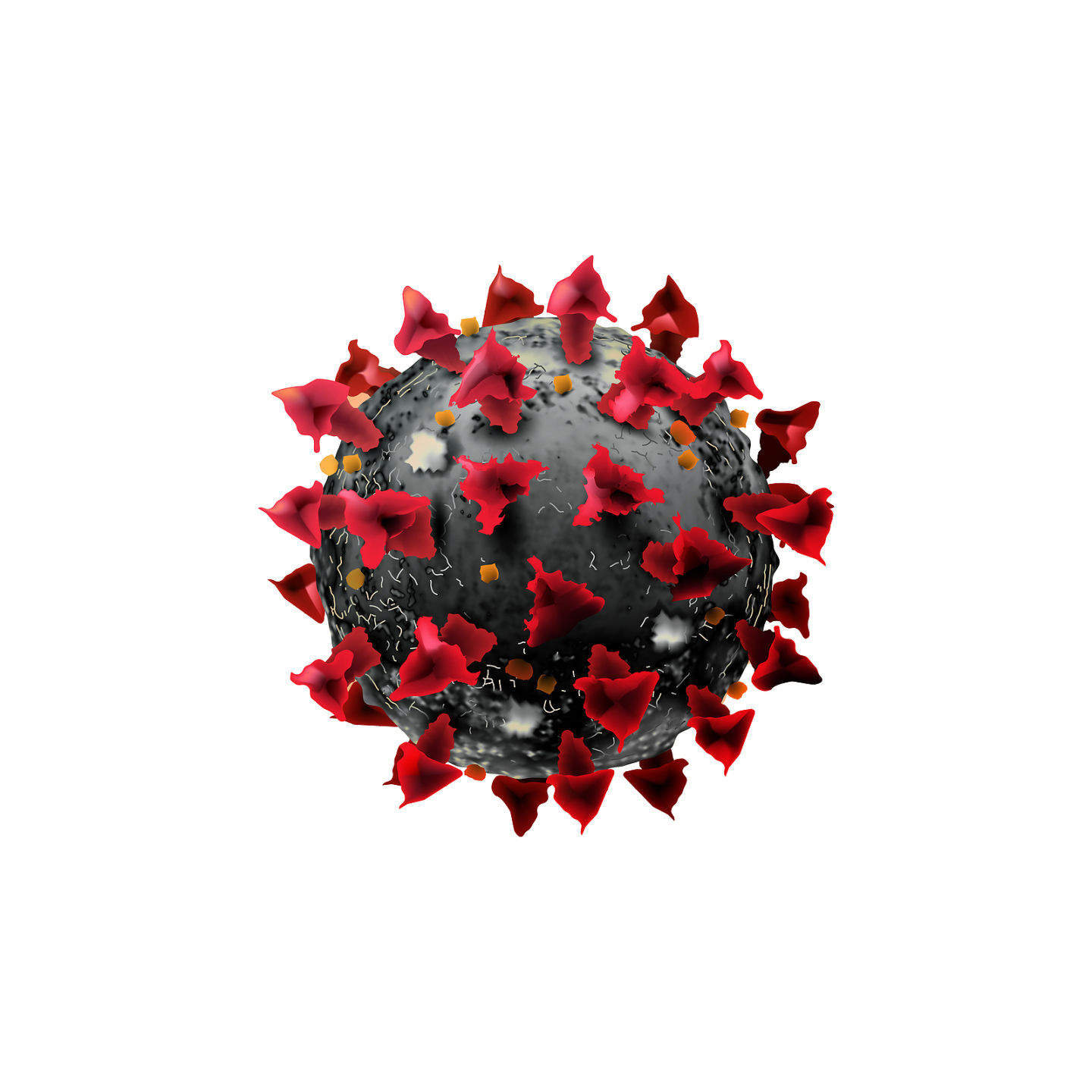

People look forward to opening day of baseball season, perhaps even more this year amid the pandemic.
Mayo Clinic orthopedic surgeon and Minnesota Twins medical director Dr. Christopher Camp has treated all levels of athletes—from pro athletes to youth getting started in their sport. Whether returning to their activity after injury or a long layoff, athletes can take steps to smooth their transition back to the game.
Camp offers these five tips for getting back to your sport:
1. Set appropriate goals. Determine your goals before you resume play: Is it for exercise? Do you want to compete recreationally? Do you have professional aspirations? ItĂŰčÖĘÓƵ important to be honest about your ambitions and abilities. They can be above or below what you are capable of, even if you are in good health.
2. Choose an appropriate timeline. If you know you want to get back to a certain sport by a certain time, be clear about when you need to start your training so you don’t rush your preparation.
3. Establish a logical progression of your activities. This will depend on the sport, the demands of your position, the shape you’re currently in. Whatever your starting level, you want to advance slowly—do a little more each week—without any undue pain or soreness.
4. Introduce one new thing at a time. For example, if you’re a former three-sport athlete coming back from injury, don’t go back to all three at once. ThatĂŰčÖĘÓƵ not to say that you can’t resume all three sports eventually; prioritize them and do them one at a time.
5. Catch any injury when itĂŰčÖĘÓƵ minor and intervene before it becomes a major injury. Camp, who works closely with pitchers and overhead throwing athletes, says any pain that comes from throwing is abnormal, particularly for younger pitchers. Many young athletes do not want to stop playing and might try to hide their injuries. Coaches and parents should be on the lookout for any red flags in their young athletes, such as limping, moving more slowly than normal. For the vast majority of injuries, if we catch them early, the road to recovery is much shorter.
If you have had COVID-19, be sure to talk to your doctor before you return to vigorous activity.
Preventive health care helps you maintain your health. Screenings are important to avoid future health problems or catch them early when they are easier to treat.
But the COVID-19 pandemic has led to a decrease in preventive screenings because some patients have been hesitant to see their health care provider.
“People are driven to seek medical care by pain. Pain is a strong driver to get relief. And since prevention is when you are without symptoms, people tend to put that on the back burner or they may feel unsafe to come in because of the uncertainty about COVID-19,” says Dr. Cindy Kermott, a Mayo Clinic preventive medicine physician.
“We know enough now about COVID-19, and we have personal protective equipment. We also have vaccines that have been available for health care workers now, and essentially all have been offered it. And it is safe to come in to get these preventive screens and vaccines done.”
The U.S. Preventive Services Task Force recommends many evidence-based preventive screenings. The most common for older men are prostate cancer and abdominal aortic aneurysm screenings. Women should schedule Pap smears to check for cervical cancer and mammograms to detect breast cancer.
Other important preventive health measures for every adult include:
- Vaccinations
- Colorectal cancer screening
- Checking cholesterol levels
- Blood pressure screening
- Testing blood glucose levels for diabetes
The timing and frequency of these screenings depend on your age and risk factors, and most are covered by your insurance.
“A screen is just a tool to detect the disease earlier,” Kermott said. “It could be a lab. It could be vital signs. It could be questions—a survey instrument for depression, for example. It could be taking a family history and finding clues for genetics because some genetic testing is covered as a screen. And sometimes we do imaging, such as bone density or colonoscopy and endoscopy to detect things.”
Whether you’re nervous about COVID-19 safety or simply putting off your next trip for care, don’t delay in talking to your health care provider about scheduling your preventive health screenings.
“If we pick it up too late, then we don’t have as good of a leg up on the situation. And we’re hoping to intervene so that you can live longer and have more quality life years as a result of these screens,” Kermott said.
Q: I am the grandmother of five beautiful grandchildren younger than 5. They bring me immeasurable joy.
There is an ongoing battle of sorts with one household. These parents do not want ANY gifts or treats, large or small, except for birthdays and Christmas. They put restrictions there as well. I (and the other grandmother) have so-called “forced their hand” by apparently bending the rules too often.
I am not talking big items. A cake pop or a coloring book or sidewalk chalk, something homemade, etc. The thinking, of course, is that the bond is the time together vs. any “thing.”
Especially in times of COVID, delivering small surprises is a way to connect with them. We are not allowed in each other’s homes. If we do a Zoom activity, there can be no prizes, etc. Everything must be “approved” beforehand, or it will be whisked away.
It feels like the years kids are “wowed” by small, fun gifts and surprises are fleeting. As are the years they can be “wowed” by grandparents! I know soon enough the gifts will be monetary.
My feelings are (ridiculously) hurt by this. Relationships, too. It feels like we are being told what/when we can gift. There seems to be no room for negotiating. They are sucking the fun out of being a grandparent.
—Hurt
A: You are being told how to Grandma! And it’s a fun-killer. I won’t argue with you.
I’ve seen more than my share of relatives who ignore boundaries, though, and indeed “force parents’ hands” on limiting gifts—so I’m not declaring anyone blameless, at least not without more information. For all I know, you and the other grandma did force their hands.
But no hand belongs here, in an iron-fist, cake-pop police state. The extreme control and micromanagement you describe isn’t just chilling to any relationship you have with these grandkids, it’s disturbing.
It is also, I am sorry to say, beyond your power to fix. It’s certainly beyond mine. For one, it’s their prerogative and their business. It’s even their prerogative to mess it up. They can’t be negligently bad or criminally bad, but they can be garden-variety bad parents in a colorful array of ways and there’s not a darn thing you can do about it.
And they’re not hearing reason. If they were, then they’d already know life is some degree of messy no matter how hard anyone wants it not to be—and they’d know that’s a good thing. That even if they’re rightfully holding at bay a pair of egregious boundary-crashers, the best strategy is to allow coloring books and save the crackdowns for things that actually matter.
So just drop it and behave. Stay close to these kids however their parents permit. We’re all exhausted right now, and this is not the advice anyone wants, but it’s time to get resourceful. Use your search engine to see how pre-K/kindergarten teachers are keeping students engaged over Zoom. Like the ones with faces full of stickers, you can shower your grandbabies in silliness while no material goods change hands.
Time together, after all, is the thing for bonding, which these kids will need abundantly if their adults keep waging these battles for control.
Email Carolyn at tellme@washpost.com, follow her on Facebook at carolyn.hax or chat with her online at 11 a.m. each Friday at .

Online fraud, trick in internet dating concept. Young happy smiling woman in love sitting at laptop having online date with fake boyfriend trusting him vector illustration
Wondering whether the online dating prospect you just matched with has a history of violent behavior?
A new partnership struck between Dallas-based Match Group and a New York startup could bring peace of mind to singles dating online.
Match Group is making a seven-figure investment in nonprofit Garbo, a backgrounding company that aims to “proactively prevent gender-based violence in the digital age.” Match Group will begin integrating GarboĂŰčÖĘÓƵ background checks into its Tinder app this year, followed by other dating apps owned by the company. Match Group owns Tinder, Match, OKCupid, Hinge, PlentyOfFish and various international dating platforms.
Garbo “democratizes” access to criminal records historically offered at higher cost by for-profit companies, according to the companies. It was founded in 2018 by gender-based violence survivor Kathryn Kosmides. Garbo collects publicly available records on arrests, convictions, restraining orders, harassment and other violent crimes.
“Before Garbo, abusers were able to hide behind expensive, hard-to-find public records and reports of their violence; now thatĂŰčÖĘÓƵ much harder,” Garbo founder and CEO Kathryn Kosmides said in a statement. “Being able to reach historically underserved populations is fundamental to GarboĂŰčÖĘÓƵ mission and the partnership with Match will help us connect with these communities.”
Match Group also owns a handful of more niche dating apps like OurTime, which caters to senior citizens, and BLK, which caters to the Black community.
More than 1 in 10 women have experienced threats of physical harm while using online dating apps, according to Pew Research poll results published last year. That statistic is double for younger women ages 18-34, nearly 1 in 5 of whom said they’ve been on the receiving end of violent threats.
Match Group came under fire in 2019 after a ProPublica report found that the company allowed sexual predators on several of its platforms.
Tinder unveiled a handful of new safety features last year, including photo verification, as Match Group faced pressure to make its dating platforms safer for women. That pressure came not only from consumer advocates, but also through fierce competition with Austin-based Bumble, which has set the bar as a dating service that places women first.
In December, Match Group began a partnership with leading anti-sexual violence organization RAINN. It also tapped Human Rights Campaign President Alphonso David and other experts for a council working to curb sexual violence, online harassment and abuse.

ADELAIDE AUSTRALIA - December 08 2014:A studio shot of a stack of Krispy Kreme's original glazed doughnuts. Popular international supplier of glazed doughnuts.

COVID-19 Isolated on a white background Chinese coronavirus under the microscope. Realistic vector 3d illustration. Pandemic, disease. Floating China pathogen respiratory influenza covid virus cells








